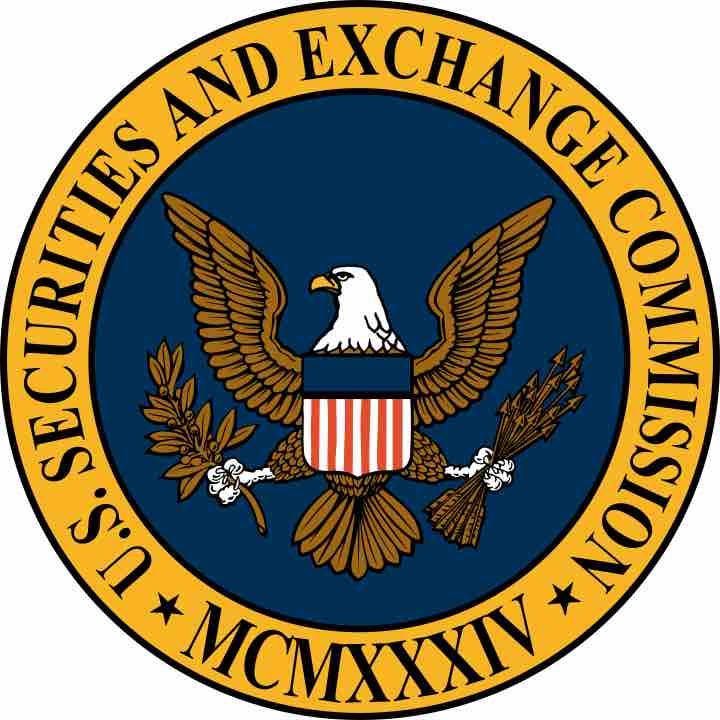Social Policy
Social policy primarily refers to guidelines, principles, legislation and activities that affect the living conditions conducive to human welfare. The Malcolm Wiener Center for Social Policy at Harvard University describes it as "public policy and practice in the areas of health care, human services, criminal justice, inequality, education, and labor. "
Types of Social Policy
Social policy aims to improve human welfare and to meet human needs for education, health, housing and social security. Important areas of social policy are the welfare state, social security, unemployment insurance, environmental policy, pensions, health care, social housing, social care, child protection, social exclusion, education policy, crime, and criminal justice.
The term 'social policy' can also refer to policies which govern human behavior. In the United States, the term 'social policy' may be used to refer to abortion and the regulation of its practice, euthanasia, homosexuality, the rules surrounding issues of marriage, divorce, adoption, the legal status of recreational drugs, and the legal status of prostitution.
Economic Policy
With regard to economic policy, regulations may include central planning of the economy, remedying market failure, enriching well-connected firms, or benefiting politicians. In the U.S., throughout the 18th and 19th centuries, the government engaged in substantial regulation of the economy. In the 18th century, the production and distribution of goods were regulated by British government ministries over the American Colonies. Subsidies were granted to agriculture and tariffs were imposed, sparking the American Revolution.
The United States government maintained high tariffs throughout the 19th century and into the 20th century, until the Reciprocal Trade Agreement was passed in 1934 under the Franklin D. Roosevelt administration. Other forms of regulation and deregulation came in waves: the deregulation of big business in the Gilded Age, which led to President Theodore Roosevelt's trust busting from 1901 to 1909; more deregulation and Laissez-Faire economics in the 1920's, which was followed by the Great Depression and intense governmental regulation under Franklin Roosevelt's New Deal; and President Ronald Reagan's deregulation of business in the 1980s.

The Seal of the SEC
Seal of the U.S. Securities and Exchange Commission.